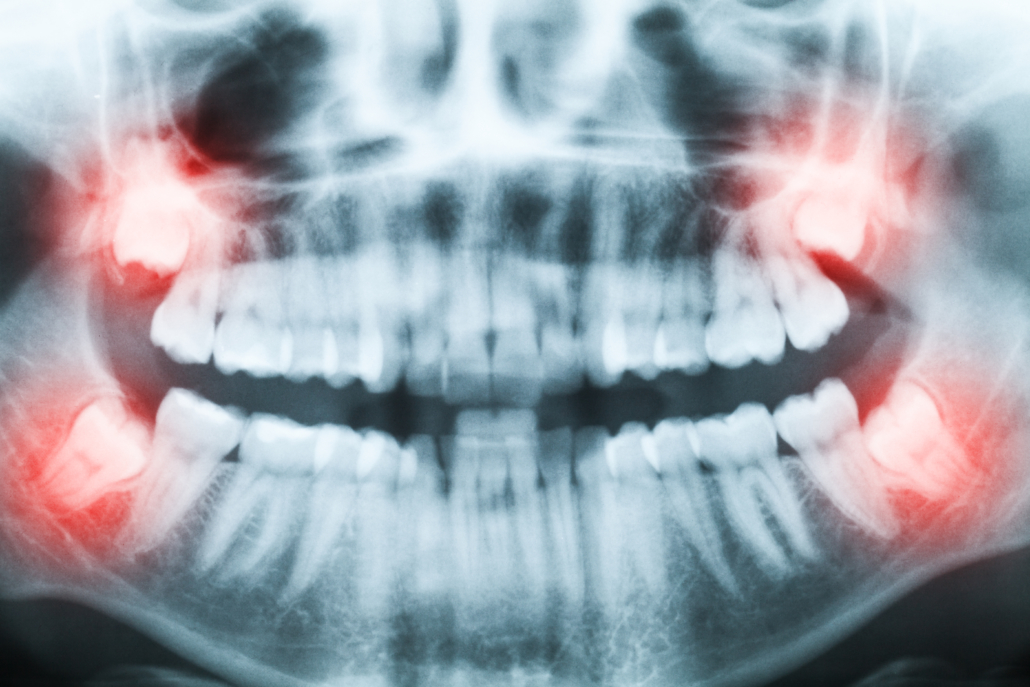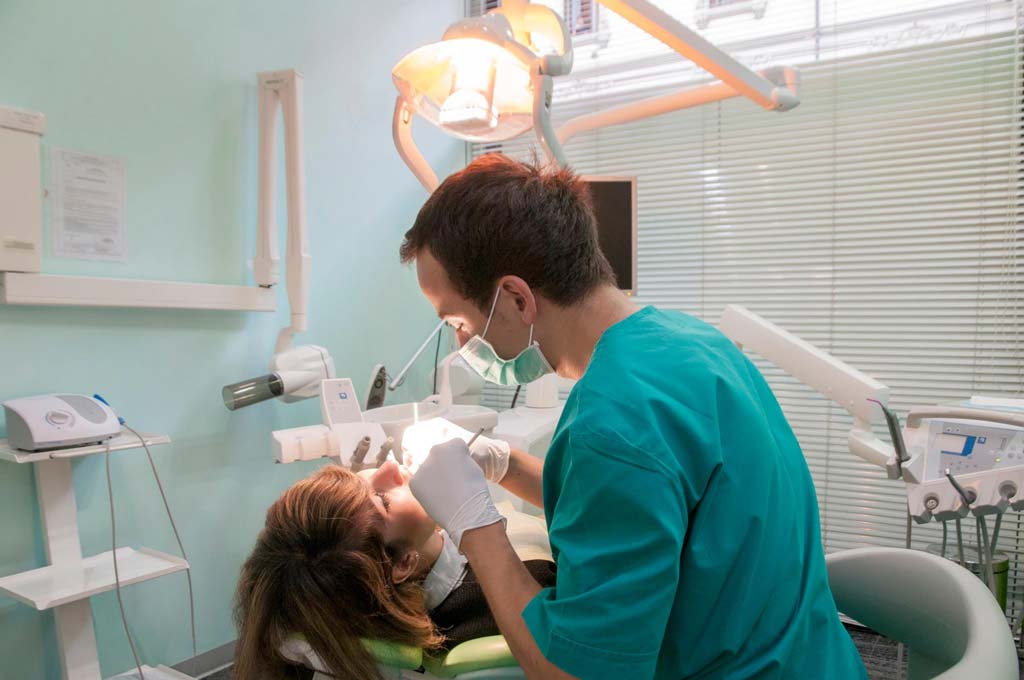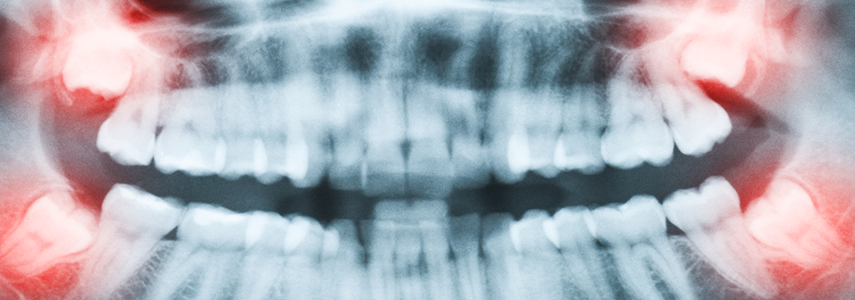There is a lot of discussion about keeping the wisdom tooth or pulling it out; it is common opinion that third molars are superfluous teeth that most of the time do not even find space in the arch.
The dimensions of the dental arches have considerably reduced with the evolution of the human species; the third molars or wisdom teeth, which were once fundamental for the chewing of uncooked foods, today would no longer have a reason to exist, on the contrary they are associated with various pathologies:

- pericoronitis;
- caries;
- teeth included;
- cyst.
The extraction of the wisdom tooth is, for these reasons, one of the most frequent oral surgery operations. On the other hand, there are cases in which it is good to keep the wisdom tooth in the arch.
When is it appropriate to keep the wisdom tooth?
Some researchers have collected in a single study, then published in the International Journal of Oral and Maxillofacial Surgery of November 2019, the clinical cases in which it is useful to keep the third molars in the arch.
The research involved 1682 patients (818 males, 864 females) with an average age of 31 years undergoing treatment at the university hospitals of Leuven (Belgium) for the extraction of the third molar.
The scholars have highlighted eight clinical conditions for which the opportunity arises to keep the wisdom tooth in the arch with the indication to keep the third molar instead of proceeding with the extraction.

Cases in which it is appropriate to keep the wisdom tooth in the arch:
- excessive surgical risk with possible damage to adjacent tissues;
- patient with other ongoing pathologies;
- third molar acting as a supporting tooth for a bridge;
- orthodontic implications;
- absence of particular symptoms and correctly positioned third molar.
Keep the third molar in the arch without complications
Out of 1682 patients undergoing dental examination, 548 patients avoided the extraction of the wisdom tooth.
The decision to keep the third molar in the arch is mainly motivated by the following considerations:
- correctly positioned wisdom tooth;
- no symptoms / pain / discomfort.

As with all natural teeth, the choice to proceed with the extraction of the tooth is always the last of the applicable options. Modern dentistry is very oriented towards conservative therapies that allow to keep the natural teeth in the arch for as long as possible.
The evaluation of the single clinical case always remains the first step. A competent dentist will always have the foresight to evaluate the patient’s medical history and clinical condition at the time of the visit.
In the absence of particular complications or in the possibility of opting for a conservative therapy, it will always prevent the patient from extracting a natural tooth.









